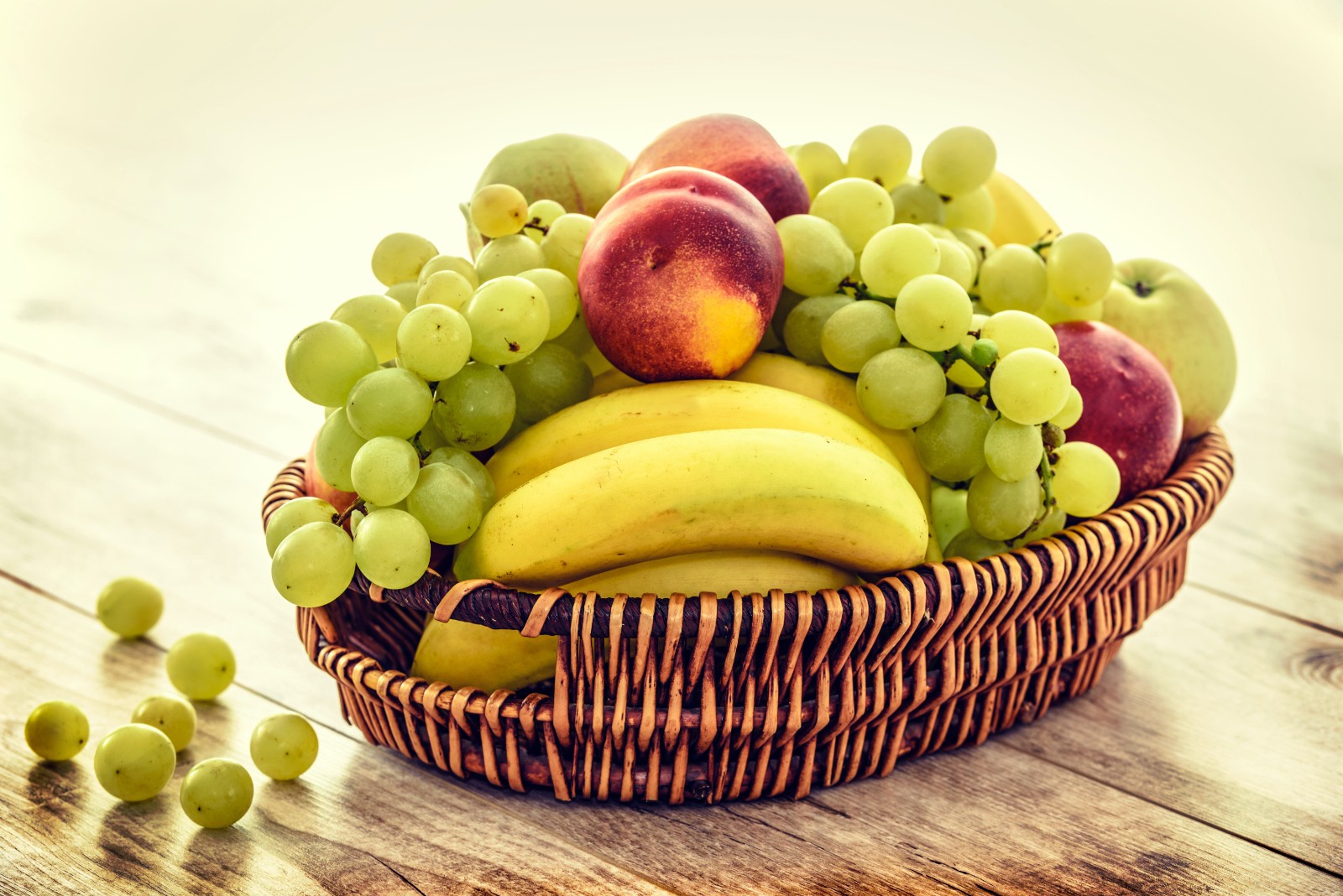


On November 3, 2023, according to the Official Journal of the European Union, on August 17, the European Commission published Authorisation Regulation (EU) 2023/2429, supplementing Regulation (EU) No 1308/2013 of the European Parliament and of the Council, amending the marketing criteria for the categories of fruit and vegetables, certain fruit and vegetable processed products and bananas. And repealing Commission Implementing Regulations (EC) No 1666/1999, (EU) No 543/201 and (EU) No 1333/2011. Major revisions include:
(1) Subject and scope. The Regulation lays down supplementary rules on the marketing criteria referred to in Article 75(1) of (EU) No 1308/2013, on the minimum marketing requirements for products intended for fresh sale in the categories of fruit and vegetables referred to in Article 76, and on the conformity of imported products with EU marketing standards referred to in Article 89 of the Regulation. The Regulation applies to the following sectors and products: fruits and vegetables referred to in point (i) of Article 1(2) of Regulation (EU) No 1308/2013; Dried fruits with CN numbers 0804 20 90, 0806 20 and ex 0813 are listed in Part X of Annex I to the Regulation.
(2) Sales standards. The requirements of Article 76(1) of Regulation (EU) No 1308/2013 constitute the general marketing criteria for fruits and vegetables referred to in Article 1(2) (a). The fruits and vegetables referred to in subparagraph (a) of Article 1(2) shall comply with this general marketing standard unless they are subject to a specific marketing standard. Details of the general sales criteria are set out in Part A of Annex I to this Ordinance.
(3) Provisions on the origin marking of certain processed fruit and vegetable products and ripe bananas.
(4) Specific marketing criteria for fruits and vegetables and bananas.
(5) Exceptions and exemptions from the applicable sales criteria. Products that are clearly marked "intended for processing" or "for animal feed" or any other equivalent wording and are intended for industrial processing, or for retail sale to consumers for their personal use and intended for processing are not required to meet the marketing criteria.
(6) Supply chain information requirements. The details of the information required by the marking provisions in Annex I shall be clearly and conspicuously displayed on one side of the package, either as an indelible print printed directly on the package, as an integral part of the package or as a label affixed to the package, and shall not give rise to misunderstanding. In the case of goods carried in bulk and directly on board the means of transport, the details of the information referred to in paragraph 1 shall be provided in the accompanying document or displayed on a notice prominently located within the means of transport. Information details, including the single country of origin of the product actually offered for sale, should be provided prior to signing the purchase contract. Invoices and accompanying documents (excluding receipts to consumers) shall indicate the name and country of origin of the product and, where appropriate, the product category, variety or type of business (if required by a particular marketing standard), or the fact that the product is intended for processing.
(7) Packaging and labeling requirements for mixed products.
(8) Origin marking of certain processed fruit and vegetable products and ripe bananas. The following products shall indicate their country of origin: dried fruits with CN code ex 0813 as defined in Part X of Annex I to Regulation (EU) No 1308/2013; CN code 0804 20 90 dried figs; CN code 0806 20 raisins.
(9) The Regulation shall enter into force on the 20th day after its publication in the Official Journal of the European Union. The Regulations apply from 1 January 2025, except for point (c) of Section 5 (1), which applies on the day the Regulations come into force. The Regulation is fully binding and directly applicable to all Member States.
Need help or have a question?
Send mail